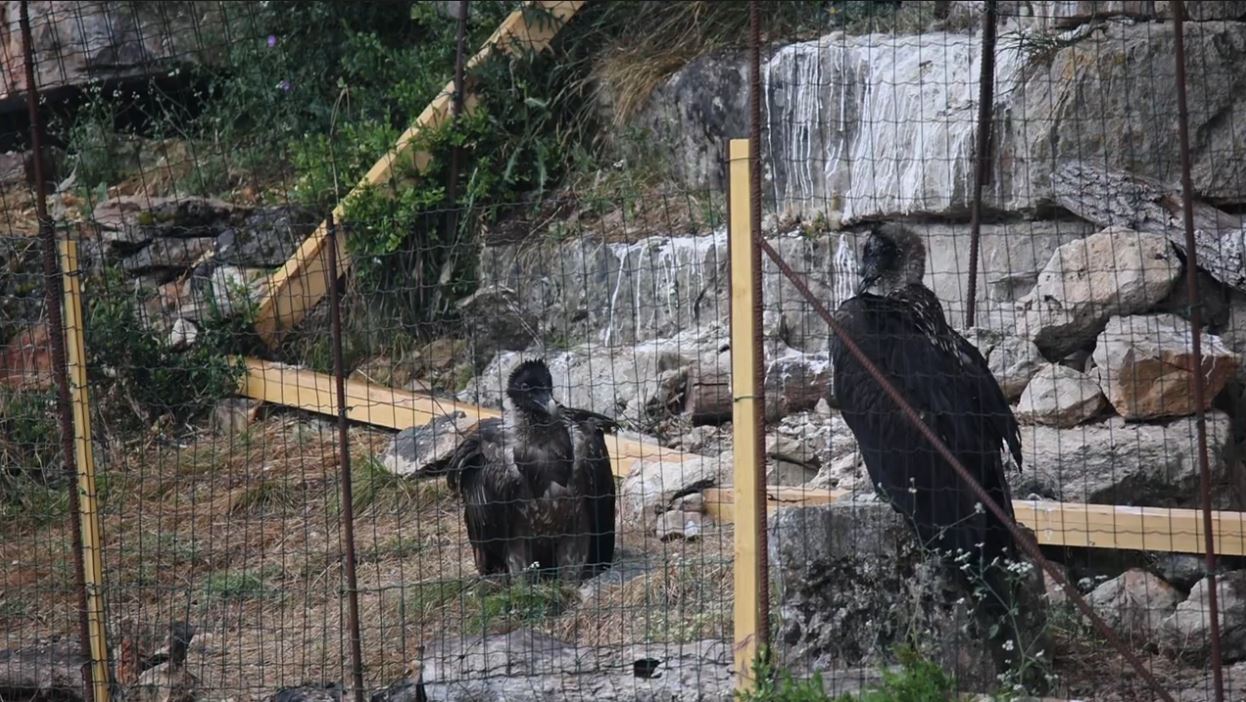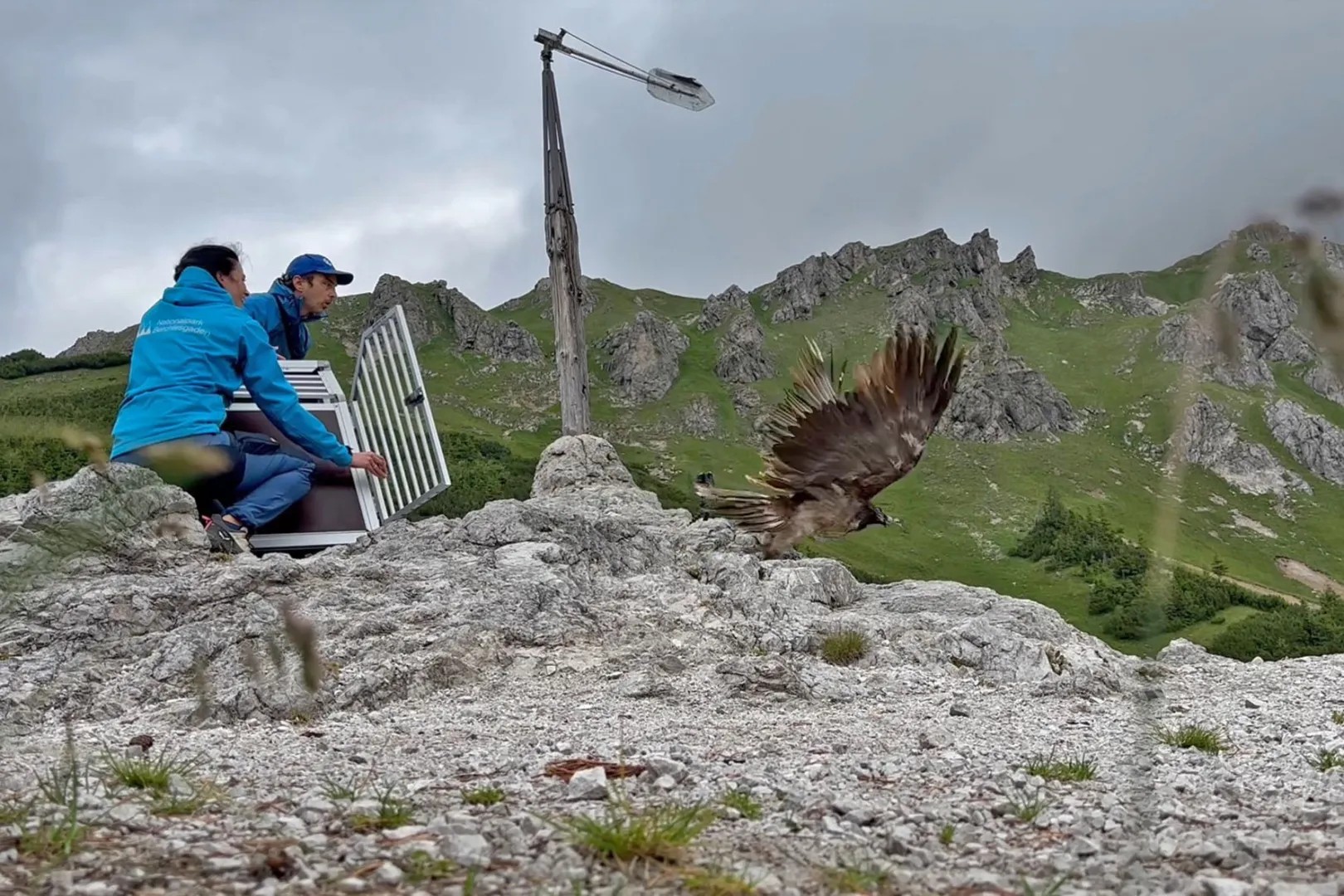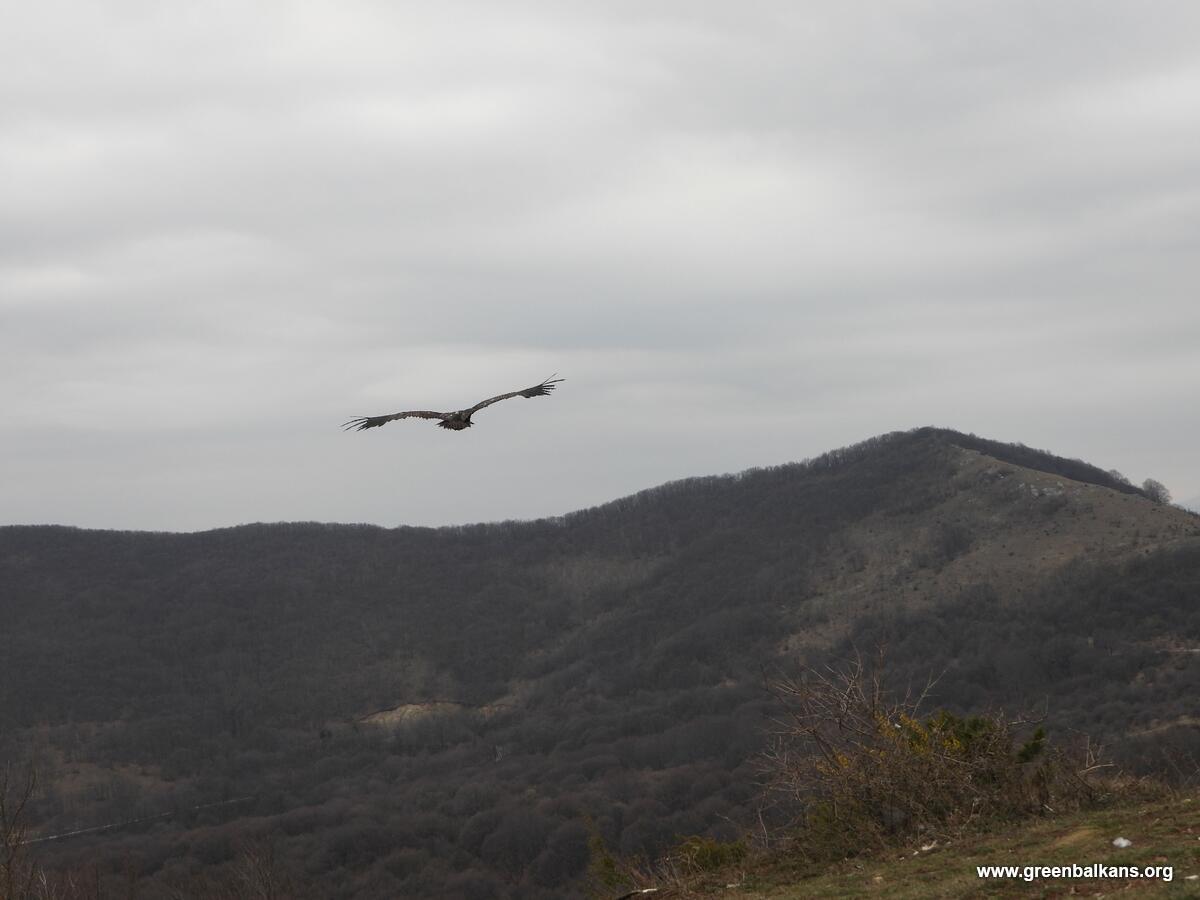Bulgaria has demonstrated a strong commitment to conservation by organising a national field training course for the police on wildlife crime, focusing on “Poisoning of protected species of wild animals, evidence collection, and investigation.”

The Bulgarian Ministry of Environment and Water invited the Vulture Conservation Foundation (VCF) to coordinate this training, inspired by the Wildlife Crime Academy. Initially developed by the Junta de Andalucía and the VCF to train Balkan countries as part of the BalkanDetox LIFE project, the Academy has since grown into an international programme impacting Europe, the Middle East, and North Africa.
Bulgaria has already participated in the Wildlife Crime Academy, with professionals from the fields of conservation, law enforcement, and forensics benefiting from the training. However, this latest course marked a significant milestone, as it provided an opportunity to train police officers from the newly formed “Crimes Against the Environment and Wildlife” unit, which was established in early 2023—a significant milestone in itself.

Building Bulgaria’s expertise in wildlife crime investigation
The three-day training course, held at Thracian University and the Green Balkans Wildlife Rescue Centre in the final days of October 2024, represented a major step to strengthen the country’s response to these threats.
A total of 55 participants attended, including 36 personnel from the General Directorate “National Police” (GDNP) and regional police directorates from high-risk areas for wildlife poisoning. Representatives from the Ministry of Environment and Water, the Institute of Biodiversity and Ecosystem Research (BAS), NGOs such as Green Balkans, the Fund for Wild Flora and Fauna, the Bulgarian Society for the Protection of Birds, and two officials from Serbia also took part.
Fully funded by the Ministry of Environment and Water, the training was led by Spanish experts from the Junta de Andalucía and VCF staff, and was supported by the “Life for Falcons” project.
Why effective wildlife crime investigation matters
Wildlife crime, if left unaddressed, can undermine decades of conservation progress. In Bulgaria, cases of wildlife poisoning are challenging to prosecute due to insufficient evidence linking animal deaths to human actions. This training tackled that head-on, emphasizing the importance of accurate crime scene processing, including DNA analysis, fingerprint collection, and the use of forensic entomology. Participants were guided on international protocols for labelling and packaging evidence, which are essential for strengthening cases in court.
The course went beyond investigation techniques to explore the broader impact of these crimes. For instance, wildlife poisoning not only devastates local animal populations but can also harm domestic animals and disrupt entire ecosystems. Understanding the ripple effect of these crimes is vital for gaining public and governmental support for stricter protective measures.
The practical component of the training set it apart. Participants engaged in simulated crime scenes, practiced handling hazardous substances and worked with anti-poisoning dog units trained to detect toxins in the field. These exercises provided a unique opportunity for police officers and conservationists to collaborate and build trust—key to successful, long-term investigations.




Connecting the dots and looking ahead
The importance of this training goes beyond a single event; it signifies the beginning of a new chapter for conservation in Bulgaria. It also bolsters ongoing efforts funded by the EU’s LIFE Programme such as the “Bearded Vulture LIFE” project, aimed at establishing a breeding population of Bearded Vultures and strengthening the Cinereous Vulture population, and the “LIFE Rhodope Vultures” project, which focuses on restoring the Cinereous Vulture population and trophic chain in the Bulgarian-Greek cross-border region.
For Bulgaria, this training embodies a significant pledge to protect its biodiversity and highlights what can be achieved through the collaboration of government commitment, international expertise, and NGO involvement.
By equipping participants with skills to enhance investigations and improve prosecution rates, the country is now better positioned to combat wildlife crime. Evidence from Andalusia in Spain, where wildlife poisoning prosecutions have resulted in an 90% reduction in such incidents over 20 years, underscores the potential impact of these initiatives.
With Bulgaria’s commitment and raised capacities, we hope for a future with fewer wildlife crime incidents, greater public awareness, and more robust laws that protect protected and endangered species.




